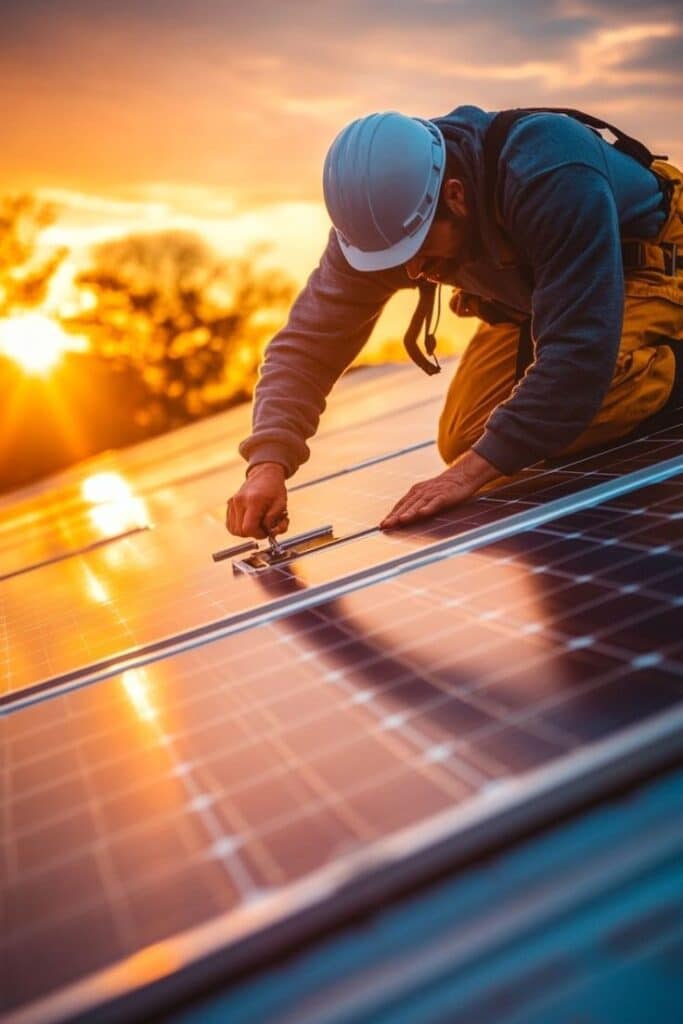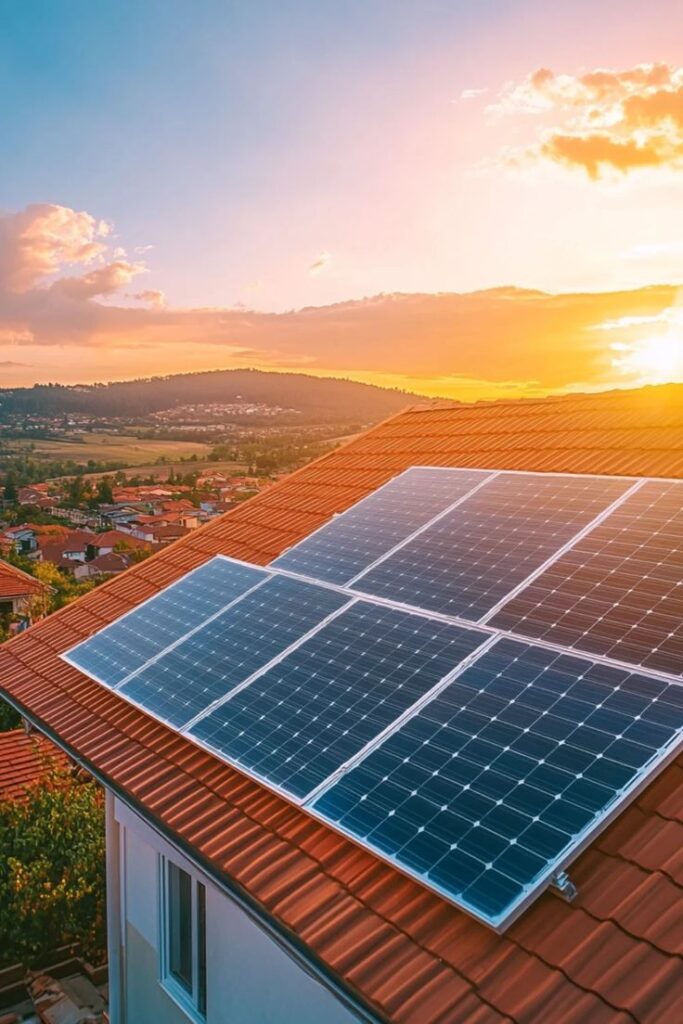Shopping for solar panels online might feel like navigating a sneaker drop — flashy ads, fast sellouts, and way too many options claiming they’re the best. But unlike shoes, this isn’t about flex. It’s about your energy bill, your roof, and locking in a system that actually works.
Done right, it’s a smart move. Done wrong, you’re out thousands and stuck with panels that can’t handle your setup. Let’s make sure you land on the right side of that equation.


Skip the Middleman, Save the Headache?
One of the biggest perks of buying solar panels online? You cut the fluff. No pushy reps, no bloated quotes, and no overpriced packages that sound fancy but add zero value.
That’s why more homeowners are leaning toward buying solar panels direct from trusted online sources. You get transparency on costs, product specs, and you’re in full control of the process — from cart to rooftop.
Sounds liberating, right? It is — as long as you know what you’re doing.
Know What You’re Actually Buying
Don’t let slick product names fool you. Some kits come with just the panels, while others include mounting hardware, inverters, and even batteries. Before you hit “Checkout,” check the breakdown.
Ask yourself:
- Is this enough wattage for my home’s energy needs?
- Does it include essentials like inverters or racking?
- Is the product UL-certified or just a no-name brand with bold claims?
No one wants to drop $5K only to realise they need to buy five other parts to make it all work.
Warranty: Your Solar Safety Net
Solar panels aren’t a throwaway tech. They should last 25+ years — minimum. That makes the warranty one of the most important things you should check.
Look for:
- 25-year performance warranty (pretty standard for reputable brands)
- Product warranty of at least 10–15 years
- Clear terms with no shady loopholes
If the site you’re buying from won’t back up the panels with solid warranty info, bounce.


Will It Even Work with Your Roof?
Spoiler: not every panel fits every roof like a glove. Your home’s roof pitch, angle, direction, and material all factor in.
- Got a flat roof? You’ll need tilt mounts.
- Have metal or tile? You might need specialised mounting gear.
- Dealing with shade or partial sunlight? You’ll want to consider microinverters or optimisers.
Make sure your panel choice isn’t just a good deal — it needs to be a good match.

Grid-Tied or Off-Grid? Know the Difference
Solar setups come in two major flavours:
- Grid-tied: You’re still connected to the utility. Extra power goes back to the grid and earns you credits (a.k.a. net metering).
- Off-grid: No utility, no backup. You’ll need batteries to store power and a backup generator, just in case.
If you live in the city, grid-tied is usually the move. But if you’re off in the woods or just want full energy independence, off-grid could be your vibe — just be ready to pay more upfront.
Watch Out for Local Rules and Permits
Buying solar panels online might be national, but your install? That’s local business.
Cities and counties have rules — permits, fire code setbacks, and utility approval. Before you buy anything, check what’s allowed where you live. The last thing you want is to spend thousands and get told “no” by your city’s building department.
Some places even restrict which brands or setups you can use, especially if you’re looking for rebates or incentives.

Don’t Miss Out on Free Money
Speaking of incentives — don’t sleep on tax credits and rebates.
Right now, the federal solar tax credit gives you 30% back on your total solar costs. Some states throw in extra cash, utility companies may offer performance bonuses, and local programs sometimes chip in too.
You just have to file the paperwork. Buying online doesn’t disqualify you — just make sure your gear is eligible, and you keep the receipts.
Shipping: It’s Not a Two-Day Turnaround
Solar panels are heavy, fragile, and huge. That means they ship by freight, not FedEx. Expect a few days to a couple weeks depending on location and availability.
Important things to check:
- Does the seller offer shipping insurance?
- Will someone need to be home to unload?
- Are you responsible for damages during delivery?
Read the fine print. If a panel shows up cracked, you don’t want to be the one eating the cost.

Installation: DIY or Call the Pros?
Unless you moonlight as an electrician, hire someone. Seriously.
Even if you’re saving money by buying panels online, don’t mess with the install unless you absolutely know what you’re doing. Incorrect wiring, bad mounting, or poor alignment can destroy your savings in the long run.
Look for local pros who are cool with customer-supplied panels. Not every installer is down, but many are — especially independent contractors.
How to Spot a Shady Seller
The solar boom brought out some… interesting vendors. Not everyone selling online is playing fair.
Red flags:
- No phone number or support email
- Super vague product descriptions
- Unrealistically low prices
- No reviews or sketchy reviews that read like a bot wrote them
If it feels off, it probably is. Stick with companies that have clear info, solid track records, and actual humans answering your questions.

Timing: Is Now the Right Time to Buy?
Short answer? Yes.
Panel prices have stabilised post-pandemic, and incentives like the federal tax credit are still strong. Unless you’re waiting for some revolutionary tech to drop (spoiler: it won’t be affordable anytime soon), locking in now can mean years of savings ahead.
Besides, every month you delay is another utility bill draining your account.
Final Take: Be Smart, Not Flashy
Buying solar panels online is like customizing your dream car. You can pick every part, get exactly what you want, and skip the dealership markup. But it also means you need to do your homework.
If you’re buying solar panels direct, make sure it’s from a source that’s built for transparency, not trickery. Platforms like Direct Solar Power exist for a reason — to give smart shoppers real control without the headache.
So go solar. Just don’t get burned.
- 0shares
- Facebook0
- Pinterest0
- Twitter0
- Reddit0


